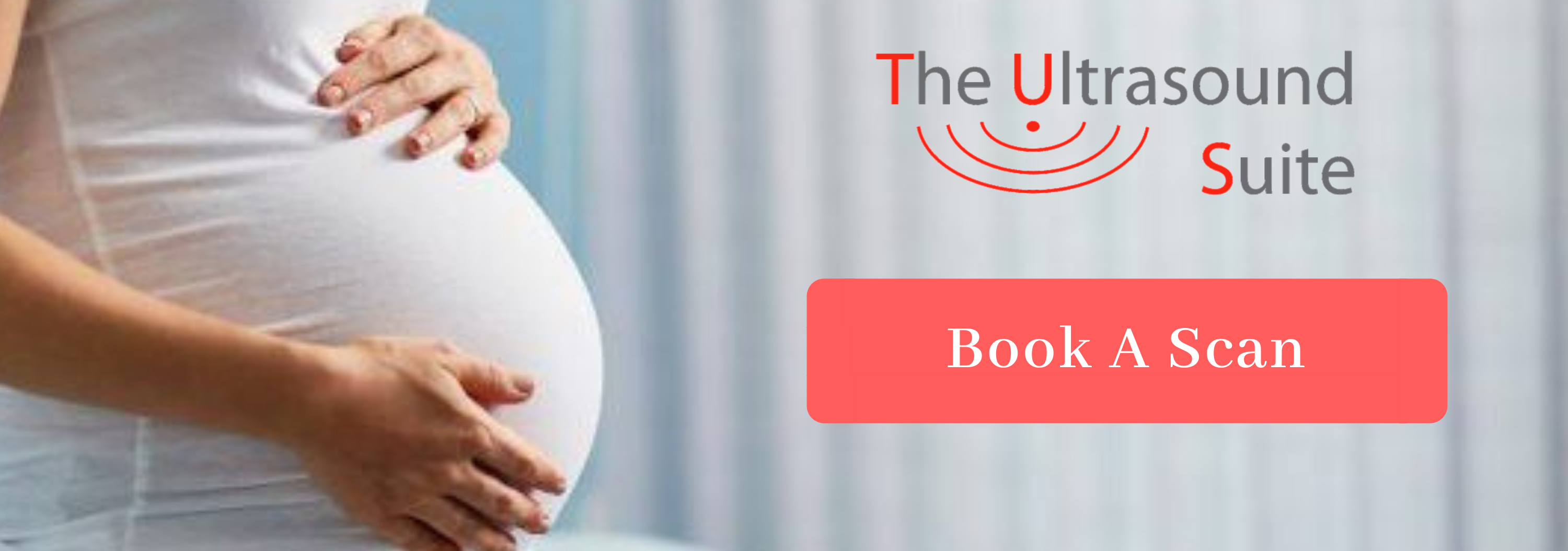A Harmony test is a non-invasive form of prenatal testing that analyses cell free fetal DNA in maternal blood to establish the risk levels of a baby being born with trisomy 21 (Down syndrome), trisomy 18 (Edwards syndrome) or trisomy 13 (Patau syndrome).
The test identifies 99% of fetuses with trisomy 21, 97% of fetuses that have trisomy 18 and 92% of fetuses with trisomy 13. The test is generally carried out in a similar fashion to the Panorama test in which blood is taken from the arm of the mother and then sent off for testing in a blood laboratory .
What does Harmony Test For?
Trisomy 21
Trisomy 21 is also known as down syndrome and is found in about 1 in 700 births and the risk increases with maternal age. Typically the condition is associated with intellectual disabilities and some physical defects. Most babies born with Trisomy 21 go on to live happy and healthy lives but do require extra care and support throughout life.
Trisomy 18
Trisomy 18, also known as Edwards syndrome is expected to occur in 1 in 6000 live births. Edwards syndrome is much more complicated than down syndrome and more often than not the complications that stem from Edwards syndrome can be life threatening in the early months and years of life.
Trisomy 13
Trisomy 13 is also known as Patau syndrome. It’s caused by a chromosomal abnormality which can lead to multiple organ defects across the body. Patau syndrome affects somewhere between 1 in 10,000 live births across the world. Unfortunally 90% of infants diagnosed with Patau will die within their first year of life. Those who live past their first year often go through life with severe disabilities.
What Would The Results Show?
It’s important to note that a Harmony test will not tell you that your baby has a defect but will give you an indication of the level of risk and chance that it may have one or potentially develop one. If the tests come back indicating that you are at a high risk then it would be advisable to get chorionic villus sampling or an amniocentesis where a needle is placed into the womb and cells from the placenta or amniotic fluid are extracted and karyotyped for definitive diagnosis.
Who should get a Harmony Test?
If there is a history of miscarriages and genetic disorders that you may of had or your family have had then it is advised that you be tested. If there is any potential risk of your baby being born with a genetic defect then it’s advised to get tested as early as possible.
However, we see many patients (a large amount without previous adverse pregnancy or family histories) undergoing this type of testing. The majority of these results come back low-risk and some of these patients state that they feel that having done this test has helped give them “peace of mind”. Many also like the fact that they can opt to find out the fetal sex as part of the panel of results.

